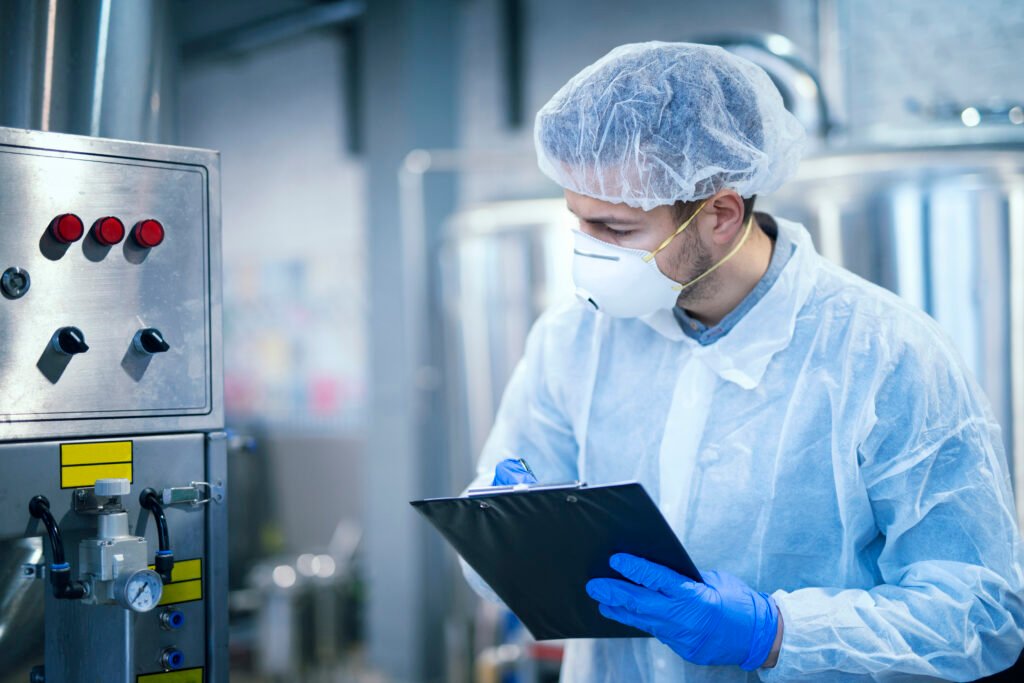Pharmacy and biotechnology are two intertwined fields that have been at the forefront of medical and scientific advancements. Their collaborative potential is immense, driving breakthroughs that can transform healthcare and improve the quality of life for people around the world. This article explores the future of pharmacy and biotechnology, focusing on emerging trends, innovative technologies, and their profound impacts.
The Evolution of Pharmacy
Pharmacy has evolved from the simple compounding and dispensing of medications to a complex and integral component of the healthcare system. Pharmacists today are involved in clinical services, medication management, and patient care, ensuring that therapeutic interventions are both safe and effective. This evolution continues as pharmacy integrates more deeply with biotechnology.
A Catalyst for Change
Biotechnology, the use of living organisms or their systems to develop products, has revolutionized multiple sectors, including healthcare, agriculture, and environmental management. In healthcare, biotechnology’s role is particularly transformative, leading to the development of novel therapies, diagnostics, and personalized medicine.
A New Paradigm
One of the most significant impacts of biotechnology on pharmacy is the advent of personalized medicine. Personalized medicine tailors treatment to the individual characteristics of each patient, considering genetic, environmental, and lifestyle factors. This approach enhances the efficacy and safety of therapies. Pharmacogenomics, the study of how genes affect a person’s response to drugs, is a cornerstone of personalized medicine, enabling pharmacists to select the most appropriate medication and dosage for each patient.
Gene Therapy and CRISPR
Gene therapy and CRISPR (Clustered Regularly Interspaced Short Palindromic Repeats) are groundbreaking biotechnological advancements with enormous potential. Gene therapy involves altering the genes inside a patient’s cells to treat or prevent disease, offering hope for genetic disorders that were previously untreatable. CRISPR, a precise and efficient gene-editing tool, allows for targeted modifications to DNA, paving the way for potential cures to genetic diseases, cancer, and viral infections.
Biopharmaceuticals
Biopharmaceuticals, also known as biologics, are drugs derived from biological sources such as proteins, nucleic acids, or living cells. These include monoclonal antibodies, vaccines, and recombinant proteins. Biopharmaceuticals are at the cutting edge of therapeutic development, offering new treatments for chronic diseases, cancers, and autoimmune disorders. The production of biopharmaceuticals involves sophisticated biotechnological processes, highlighting the synergy between pharmacy and biotechnology.
Nanotechnology in Drug Delivery
Nanotechnology, the manipulation of matter at the atomic or molecular scale, holds promise for revolutionizing drug delivery systems. Nanoparticles can be engineered to deliver drugs precisely to targeted cells or tissues, enhancing the efficacy and reducing the side effects of treatments. This technology is particularly beneficial for cancer therapy, where targeted delivery can minimize damage to healthy cells and improve patient outcomes.
Regenerative Medicine
Regenerative medicine is another exciting frontier where biotechnology intersects with pharmacy. This field focuses on repairing or replacing damaged tissues and organs through stem cell therapy, tissue engineering, and biomaterials. Stem cells have the potential to differentiate into various cell types, offering the possibility of regenerating damaged tissues and treating conditions such as spinal cord injuries, heart disease, and diabetes.
Artificial Intelligence and Machine Learning
Artificial Intelligence (AI) and Machine Learning (ML) are transforming many aspects of pharmacy and biotechnology. AI and ML can analyze vast amounts of data to identify patterns and predict outcomes, aiding in drug discovery, personalized medicine, and clinical decision-making. These technologies can streamline research processes, reduce costs, and accelerate the development of new therapies.
Telepharmacy and Digital Health
The rise of telepharmacy and digital health platforms is reshaping the delivery of pharmaceutical care. Telepharmacy allows pharmacists to provide counseling, medication management, and other services remotely, increasing access to care, especially in underserved areas. Digital health technologies, including mobile health apps and wearable devices, enable continuous monitoring of patients’ health, facilitating timely interventions and personalized care.
The Role of Pharmacists in the Future
As pharmacy and biotechnology continue to advance, the role of pharmacists is also evolving. Pharmacists are becoming more involved in clinical decision-making, patient education, and interdisciplinary collaboration. They are essential in ensuring the safe and effective use of biotechnological innovations, from administering gene therapies to managing complex biologics.
Ethical and Regulatory Considerations
The rapid advancements in pharmacy and biotechnology bring about important ethical and regulatory considerations. Issues such as patient privacy, data security, and equitable access to cutting-edge therapies must be addressed. Regulatory frameworks need to adapt to the fast pace of innovation, ensuring that new treatments are both safe and effective while being made available to those in need.
The Impact on Global Health
The future of pharmacy and biotechnology holds tremendous promise for global health. Innovations in these fields can address some of the most pressing health challenges, from infectious diseases to chronic conditions. Biotechnology-driven vaccines and therapies can help combat pandemics, while personalized medicine can provide tailored treatments for diverse populations. Furthermore, advancements in drug delivery and regenerative medicine can significantly improve the quality of life for patients worldwide.
Challenges and Opportunities
Despite the exciting prospects, there are challenges to overcome in the integration of pharmacy and biotechnology. High costs of biopharmaceuticals, regulatory hurdles, and the need for specialized training are some of the obstacles that need addressing. However, these challenges also present opportunities for growth and collaboration. Continued investment in research, education, and infrastructure is essential to harness the full potential of these fields.
Conclusion
The future of pharmacy and biotechnology is bright, with the potential to transform healthcare in unprecedented ways. The integration of personalized medicine, gene therapy, biopharmaceuticals, nanotechnology, and digital health technologies is paving the way for more effective, safer, and tailored treatments. As these fields continue to evolve, pharmacists and biotechnologists will play crucial roles in bringing these innovations to patients, ensuring that the benefits of these advancements are realized globally. The journey ahead is filled with challenges, but the promise of improved health outcomes and quality of life makes it a journey worth undertaking.






